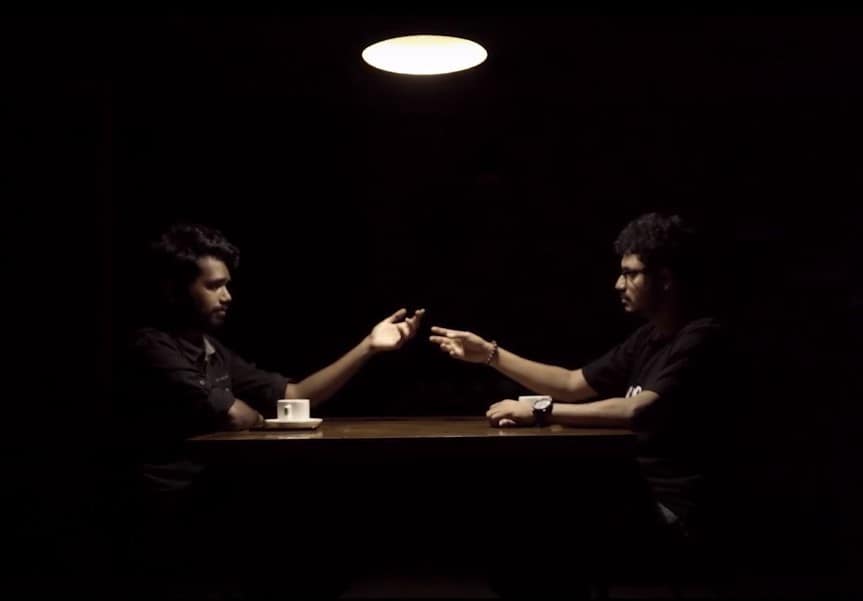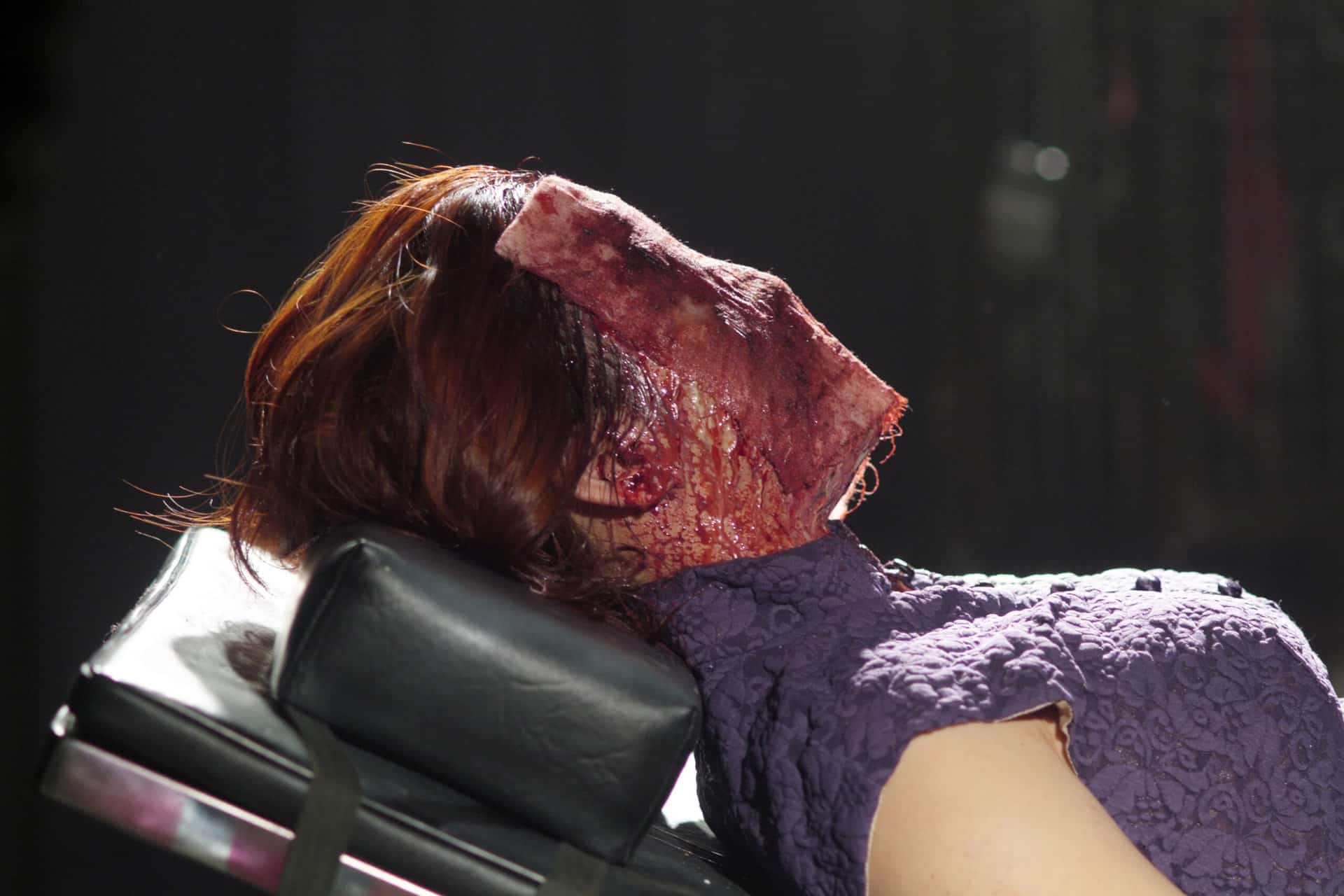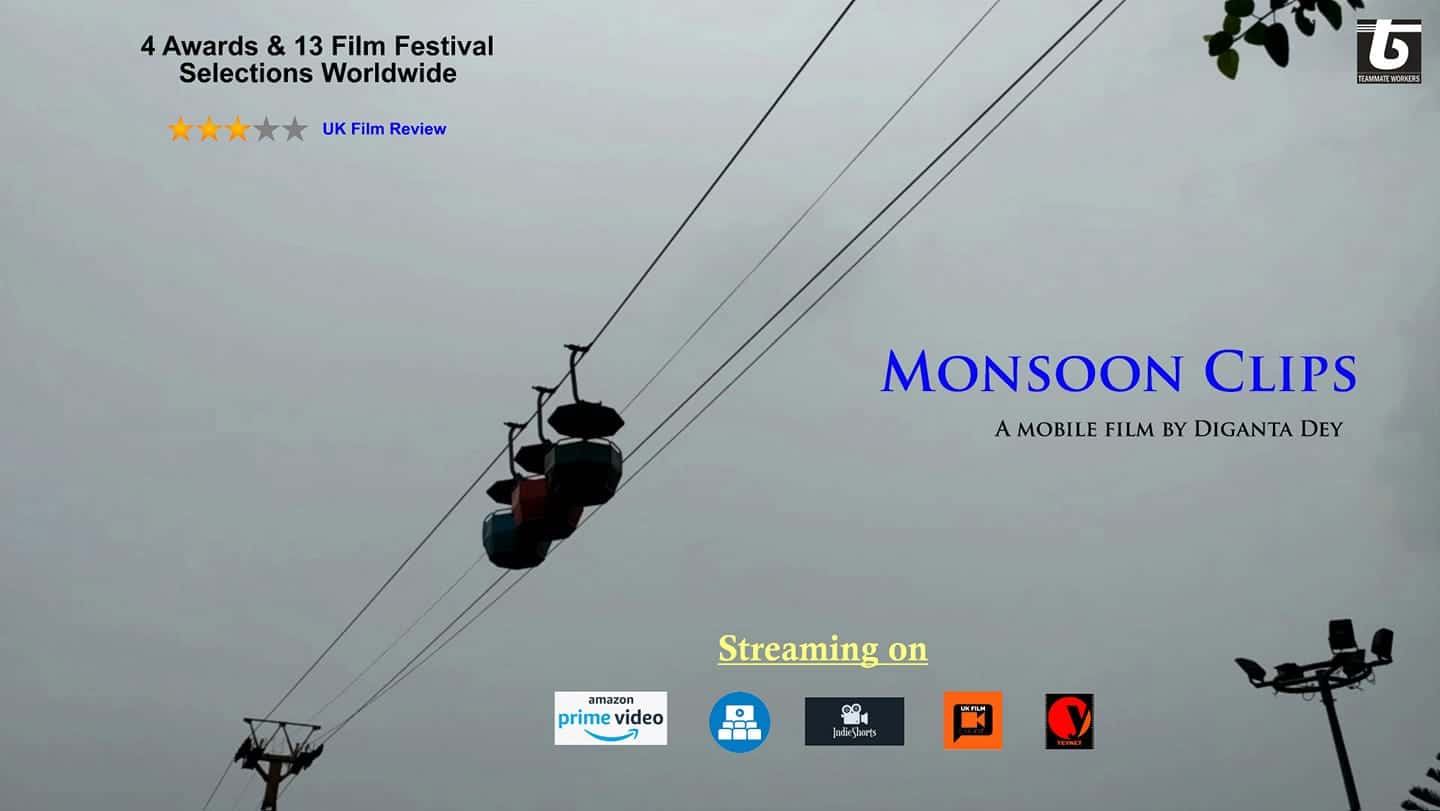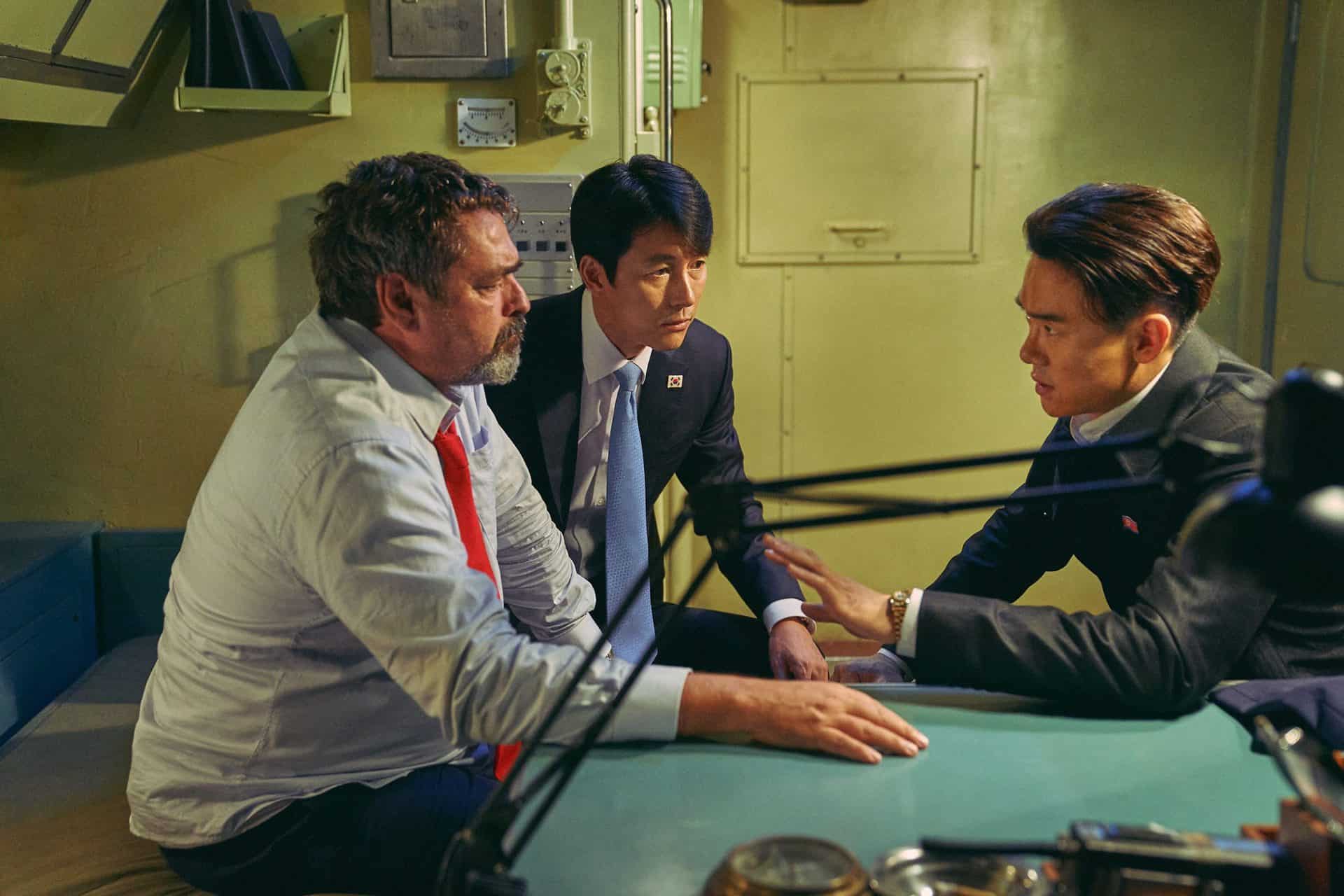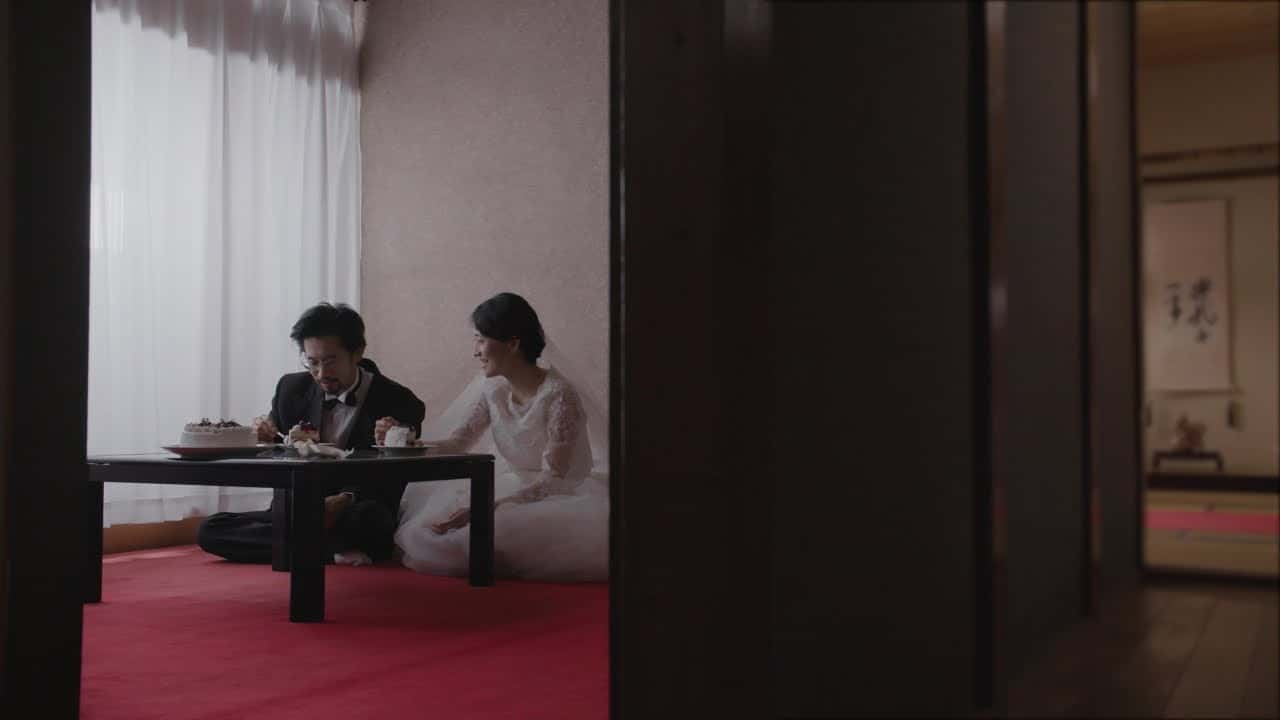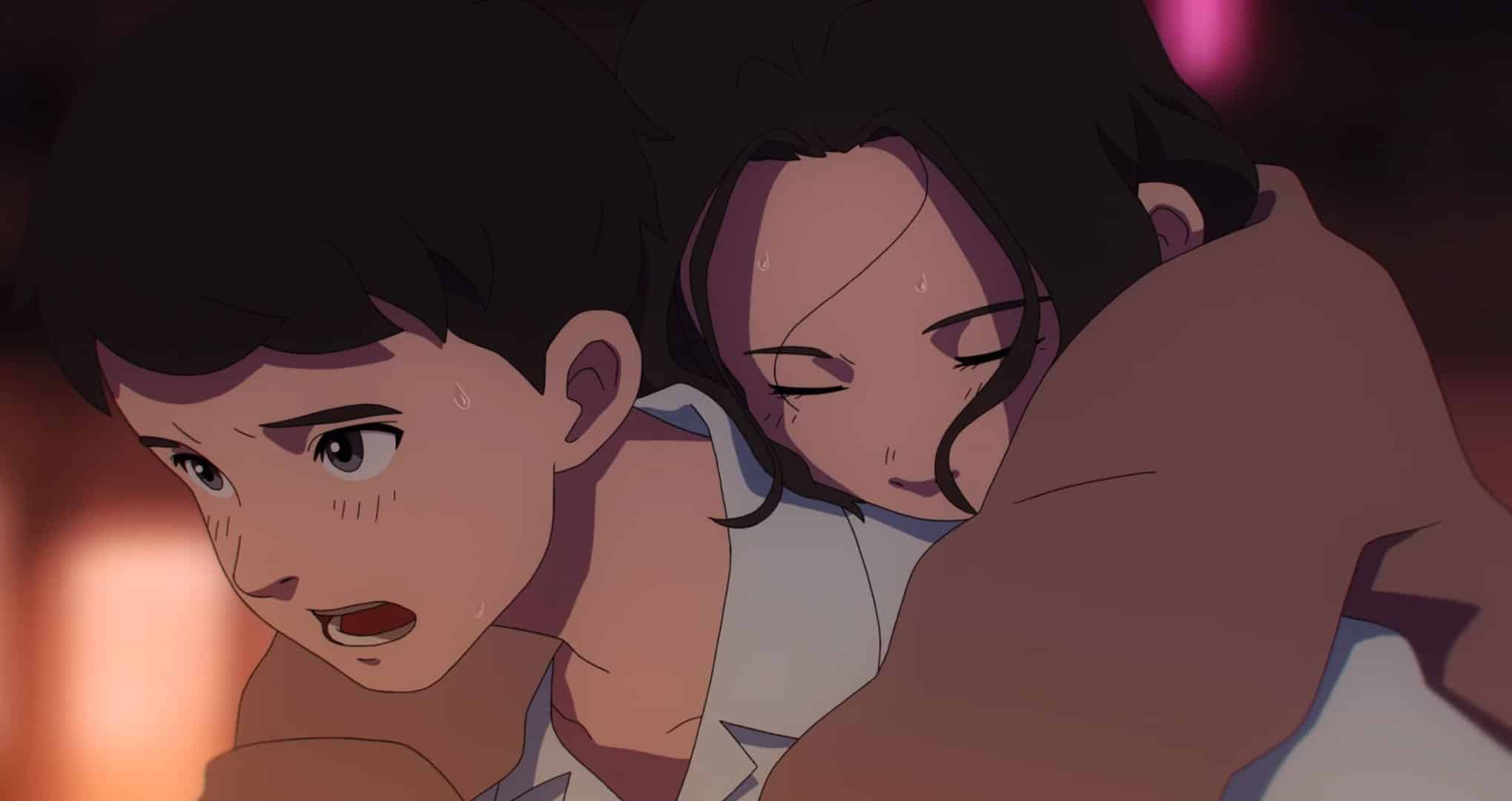Two men have a conversation in a café, one whose importance is reflected in a darkened backdrop indicating the participant's intent focus on the other's words. As the two begin to converse, they realize that some of the bigoted opinions are used to shield them from their true desires. As a result, they become troubled by the implications of their true passion in a society that may not accept them.
“Fantasy Café” review is part of the Submit Your Film Initiative
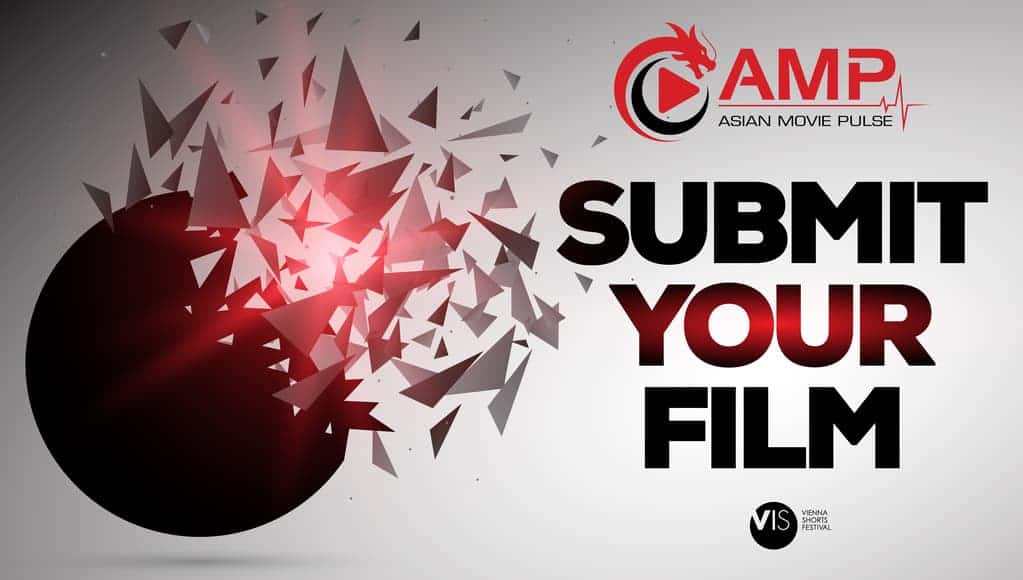
“Fantasy Café” offers up a monologue between two individuals who are trying to confront their romantic desires for each other. With the conversation being the sole focus of the production, Jitanshu Sharma (“Dhrubotara”) tackles the subject matter in a compassionate and engaging fashion. This is captured by offering a stark juxtaposition of opinions they wish they could express to conform to their society, against their true desires. Undeniably, the ability to show this contrast while appealing to the true desires of its subjects gives the film a strong moral stance that stands as one of its greatest attributes.
However strong the main message may be, there is bound to be some disconnect from audiences that come from more accepting social cultures. Arguably, there is still ground to be made in all parts of society in acceptance, but certain cultures don't share the more extreme homophobic statements reflected in opening lines. These lines come with a strong condemnation of homosexuality that the actors pretend to harbor in an attempt to conform with societal norms. As a result, the message comes across slightly specific towards experiences within the director's own life, either first hand or observed. This plea for acceptance still maintains a universal sentiment in wanting our desires acknowledged, but may struggle to connect with others based on their own experiences.
With the major focus being on the dialogue between the two men, the importance of the technical aspects becomes secondary. However, both the audio and visual presentation are not totally neglected in this approach. Notably, the cinematography competently captures the emotions of its subjects as they open up to each other. The lighting also plays a key role in further defining the visuals, offering a good balance of light and dark, particularly on the shots focusing on the actors' emotive reactions.
The performances compliment the script, and both actors are able to convey the struggle of repressed homosexual desire in their characters. Not to speculate on the sexual orientation of either performer, but their seems to be a degree of realism within the strong reaction they feel when confronting the idea of their love being considered invalid. Regardless of the actors own backgrounds, they manage to tackle the short monologue with a sincerity that shows understanding of the turmoil inflicted on their characters.
“Fantasy Café” is purposely one note, with a theme that will limit its intended audience. As a result, the production can feel restrictive in its overall appeal, which might be exacerbated within certain cultures. However, director Jitanshu Sharma conveys his message in a well scripted and presented manner that may help to bridge the gaps it hopes to confront. In this sentiment alone, “Fantasy Café” succeeds in the best way possible.


